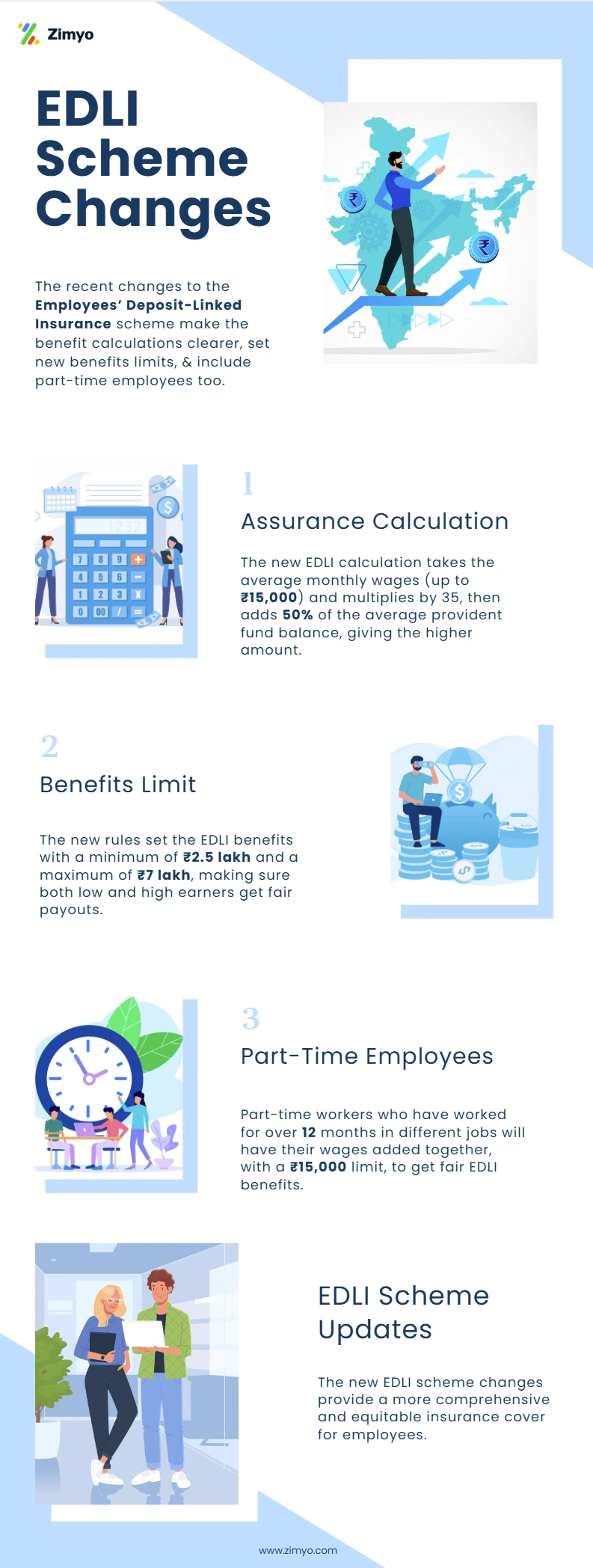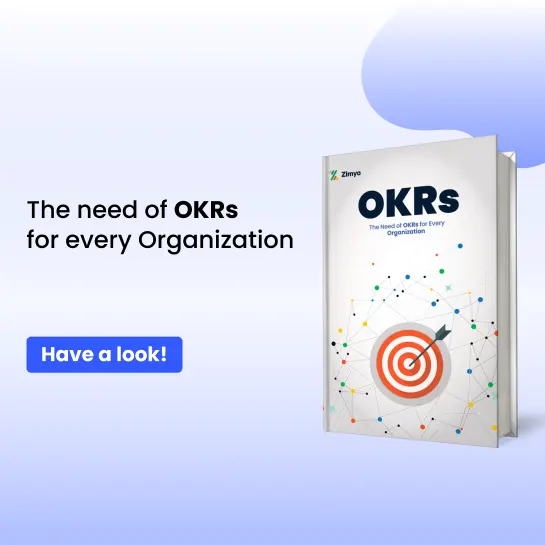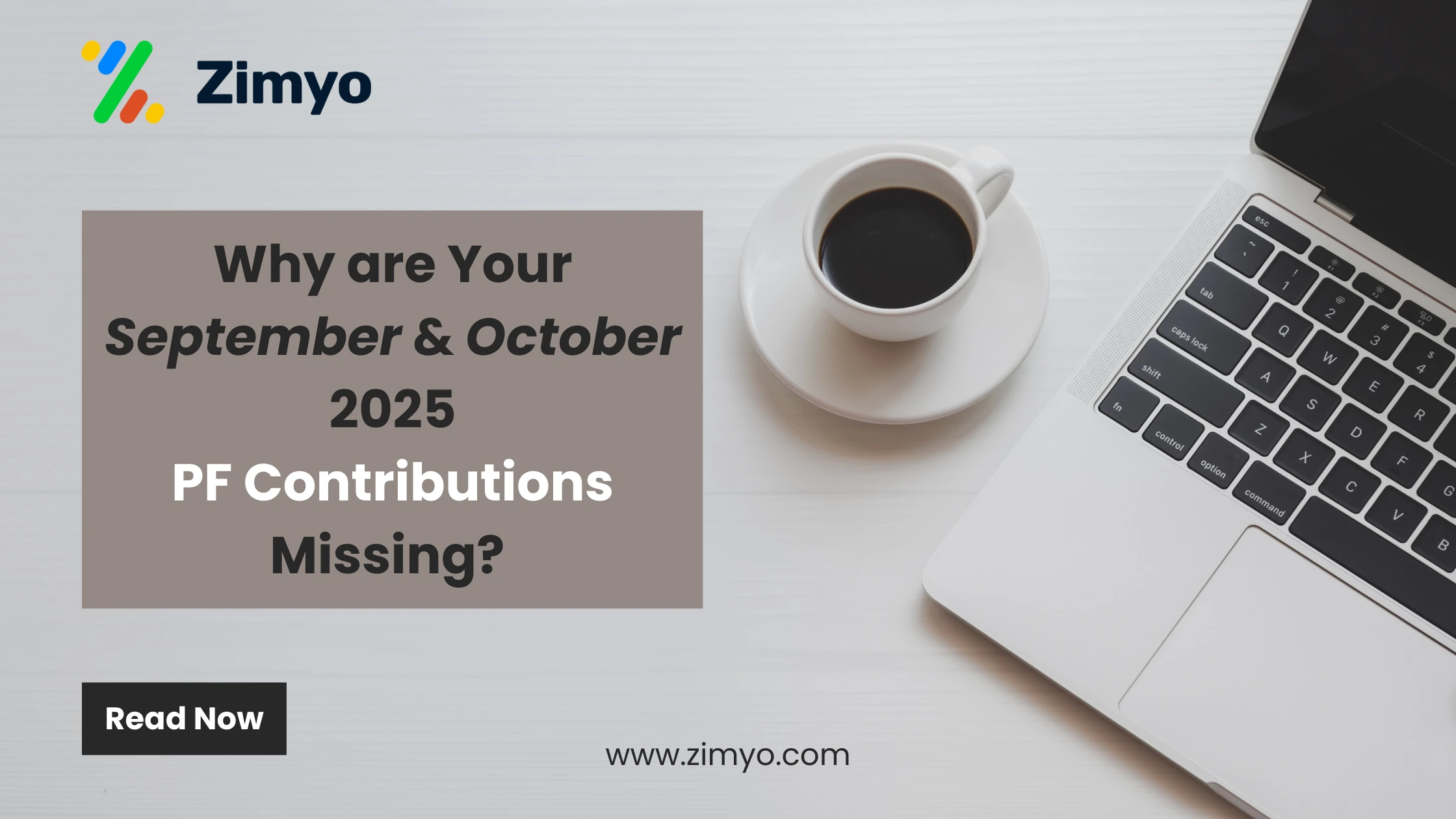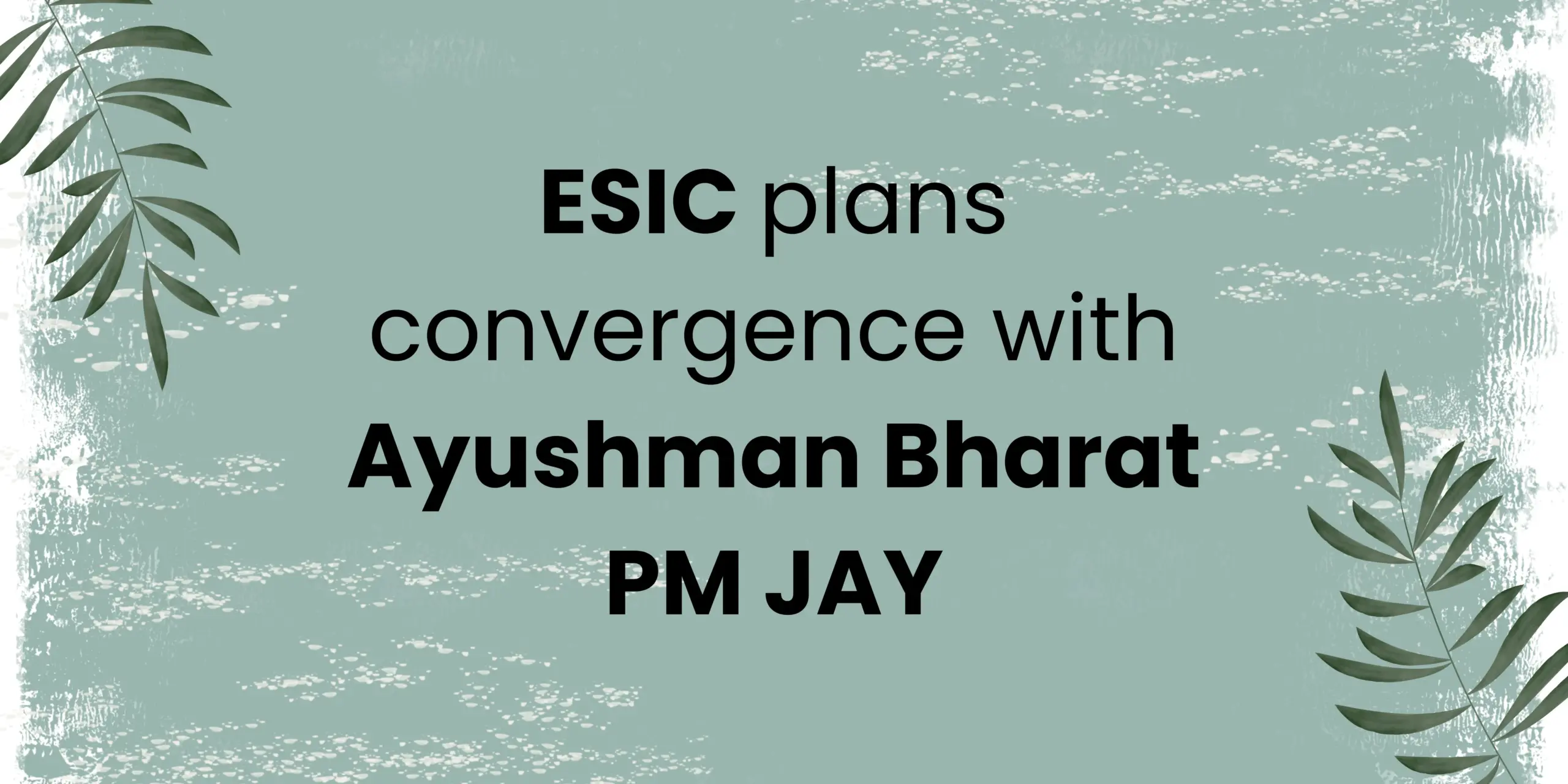Are you aware about the recent changes to the EDLI Scheme?
If you’re working in India, this update about the Employees Deposit Linked Insurance Scheme could significantly impact your financial security, especially if you’re part of the Employees Provident Fund (EPF) system. The Central Government recently issued amendments to the EDLI insurance Scheme, aimed at improving the assurance benefits provided to the nominees of deceased employees. Let’s break it down for you.
What is the EDLI Scheme?
The Employees Deposit Linked Insurance Scheme (EDLI) employees deposit linked insurance scheme is a life insurance benefit available to employees under the Employees Provident Fund and Miscellaneous Provisions Act, 1952. It ensures that the family or nominee of a deceased employee receives a lump sum amount based on the employee’s wages and employees provident fund EPF balance. The scheme provides much-needed financial relief to families during times of loss.
Until now, the calculation of this benefit had certain limitations. However, the latest amendment, issued on November 18, 2024, brings significant changes aimed at making the insurance benefits more beneficial to employees and their families.
What are the Key Changes in the EDLI Scheme?
Let’s take a closer look at the key changes introduced by the Government of India:
1. Calculation of the Assurance Benefit
The new calculation method for the assurance benefit is designed to provide a more accurate reflection of an employee’s wages and EPF balance. The calculation is as follows:
- Average monthly wages for the twelve months before death (subject to a maximum of ₹15,000) are multiplied by 35.
- 50% of the average balance in the provident fund account of the deceased, for the same twelve-month period, is added.
The total benefit is the sum of these two calculated amounts, i.e., A + B:
A = Average monthly wage for the last 12 months × 35
B = 50% of the average EPF balance for the last 12 months
Example:
Suppose an employee’s average monthly wages were ₹12,000, and the average balance in their provident fund account was ₹3 lakh. The calculations would be as follows:
A = ₹12,000 × 35 = ₹4,20,000
B = 50% of ₹3,00,000 = ₹1,50,000
Total Benefit = A + B = ₹4,20,000 + ₹1,50,000 = ₹5,70,000
Note:
Minimum benefit = ₹2.5 lakh
Maximum benefit = ₹7 lakh
In the above example, the total assurance benefit would be ₹5,70,000 as it falls within the prescribed limits.
2. Minimum and Maximum Benefit
The amendment sets clear limits on the insurance benefit:
- The minimum benefit provided will now be ₹2.5 lakh.
- The maximum benefit will be capped at ₹7 lakh.
This ensures that even employees with lower earnings will still receive a meaningful insurance payout. It also protects high earners, ensuring they benefit from a higher sum.
3. Part Time Employees’ Benefits
Part-time employees often face challenges when it comes to benefits. Under the new amendment, part-time workers who have worked across multiple establishments for more than twelve months will see their wages aggregated from all the places of employment. However, the wage ceiling of ₹15,000 still applies.
This change ensures that part-time employees are not left behind and receive their fair share of the EDLI benefits.
Why are the EDLI Scheme Amendments Important?
These amendments will undoubtedly have a major impact on employees and their families. Here’s why:
- Better financial security: With the increased minimum benefit of ₹2.5 lakh, employees’ families are now assured of a higher amount in case of an unfortunate death.
- Higher insurance benefits: The cap of ₹7 lakh ensures that families of employees who had higher wages will also benefit substantially.
- Fair treatment for part-time employees: The changes to the calculation for part-time employees ensure they receive a fair share of the benefit, even if they worked at multiple establishments.
How Will These Changes Affect You?
If you are a part of the EPF Employees Provident Fund, these changes will affect your future planning. For instance:
- If you have been employed for at least twelve months and are earning an average wage of ₹12,000 per month, your nominee will receive 35 times of ₹12,000 (₹4.2 lakh), plus 50% of your average EPF balance during those months.
- If you were earning a higher wage, say ₹20,000, your nominee will still only be eligible for 35 times of ₹15,000 (₹5.25 lakh) plus 50% of the EPF employees provident fund balance.
Let’s say you’re a part-time employee working for two different employers, both paying ₹8,000 per month. Under the new rule, your nominee will receive the sum of both wages (₹8,000 + ₹8,000), subject to the wage ceiling of ₹15,000.
Practical Example of the EDLI Scheme’s Impact
Imagine a scenario where an employee earns ₹10,000 per month, with an average EPF employees provident fund balance of ₹1 lakh over the last 12 months. Under the new scheme, the calculation would look like this:
- 35 times ₹10,000 = ₹3,50,000
- 50% of ₹1 lakh = ₹50,000
The total benefit would be ₹4,00,000, which is higher than the minimum of ₹2.5 lakh.
The Crux
The amendment to the Employees Deposit Linked Insurance Scheme (EDLI Scheme) provides much-needed clarity and fairness in terms of financial security for employees’ families. The assurance benefit is now more substantial, and part-time workers will not be left out of the benefits they deserve. With a minimum assured benefit of ₹2.5 lakh and a maximum cap of ₹7 lakh, the EDLI employees deposit linked insurance scheme ensures that employees and their families are better prepared for unforeseen circumstances.
If you want to understand how these changes apply to your situation, it’s always a good idea to consult with a tax consultant or use an income tax calculator to estimate your potential benefit under the revised scheme.







